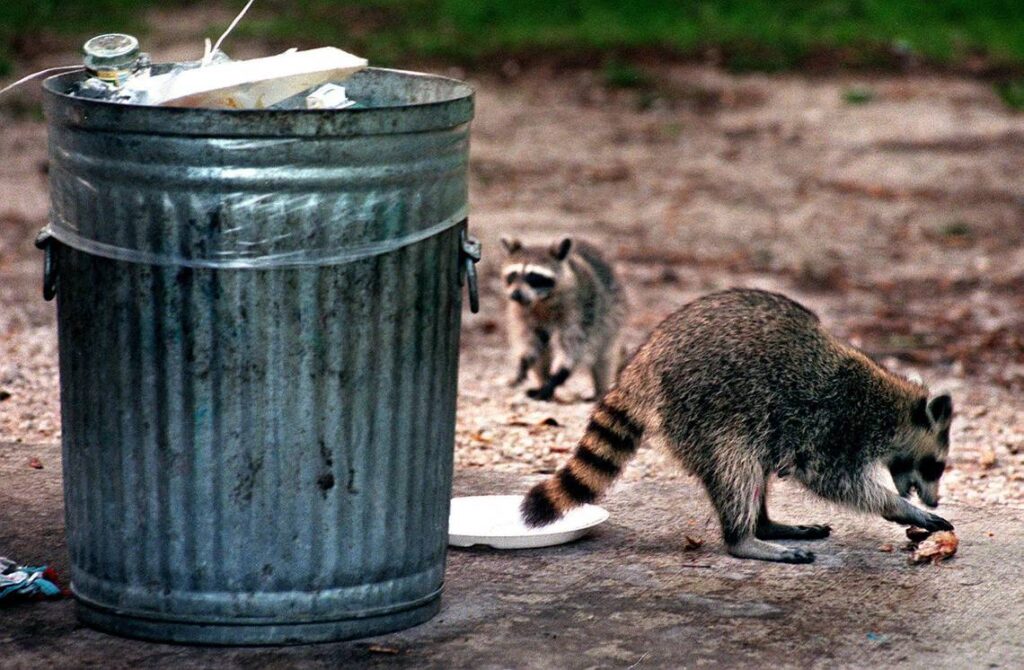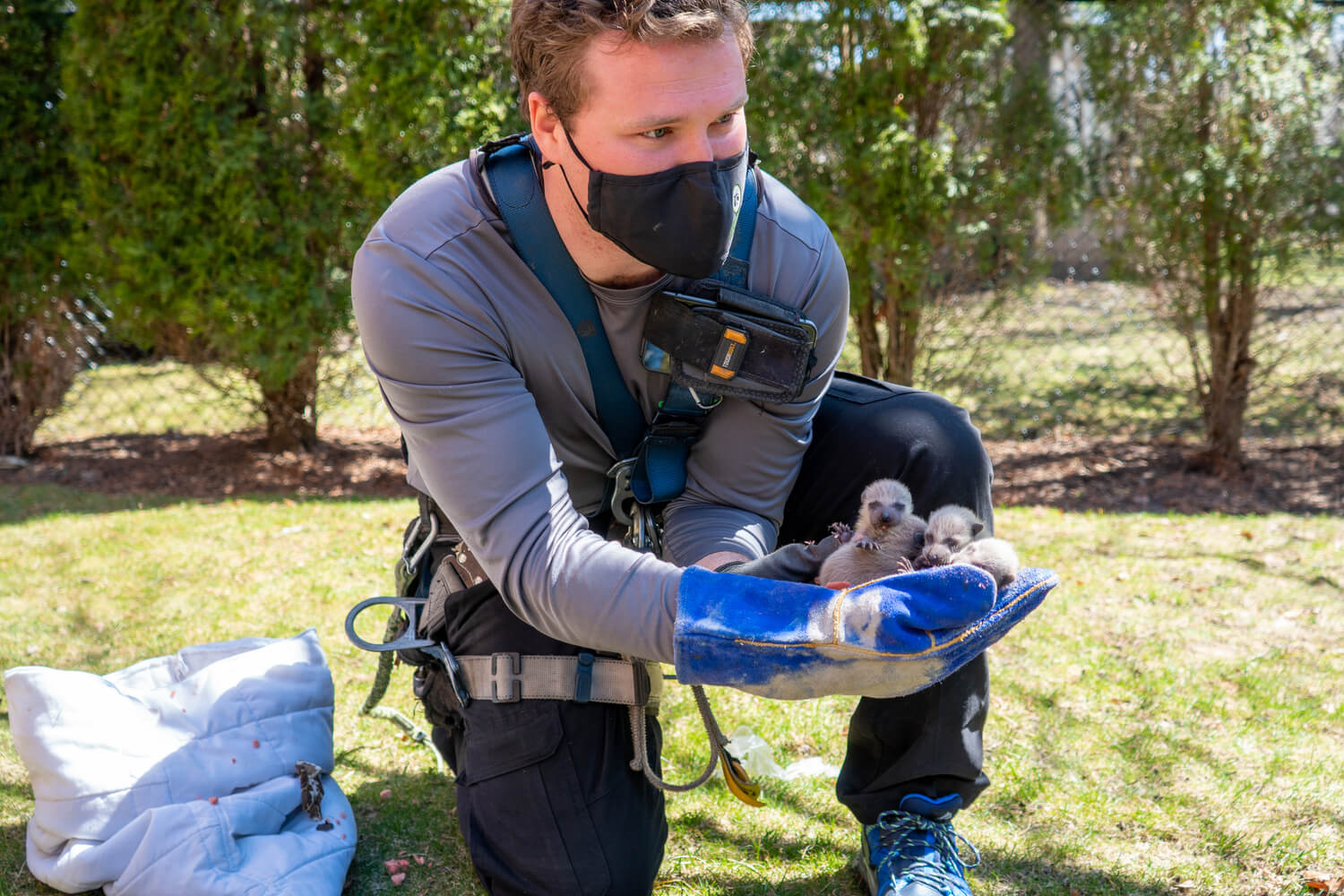1. Keep Garbage Secure Indoors and Outdoors
Many neighbourhood animals are foragers, meaning they look for food wherever they can get it. Homeowners commonly find skunks, raccoons, mice, and rats rummaging through their garbage. If animals find an adequate food supply, they will return. Garbage might seem gross to you and other homeowners, but it can offer quality nutrition to a wild animal. If you want to keep animals out of your trash, you must secure them. Use garbage cans with lockable lids. Store the cans in the garage or behind a locked shed door. You can't forget about indoor garbage. While you might think your kitchen trash bin is safe, rodents can get to it. Get in the habit of emptying indoor bins nightly so no garbage is indoors.2. Keep Attics and Basements Ventilated and Dry
One thing that attracts wildlife to human structures is access to water. Plumbing systems represent a never-ending font of hydration. Also, humid locations like attics and basements are excellent nesting sites for bats and insects. You need to ensure that plumbing systems are in good working order and that humidity levels in the home don't go beyond 50% to 60%. A plumbing inspection can help uncover and repair any hidden leaks. You can install a dehumidifier in the attic, basement, or any other location prone to moisture issues.3. Install Door Sweeps
When talking to wildlife removal near me, experts explain mice can fit through openings the width of a pencil. Some older homes have that size gap under main doors or garage entries. If your house's door allows too much of a draft in from the threshold, you need to correct the problem before little furry visitors take advantage. A door sweep is a simple and cost-effective solution. You also may want to consider getting a new door and frame, depending on the current one's age.4. Reduce Clutter Around the Interior and Exterior of Your Home
Rodents and other critters love to hide; it makes them feel safe. A basement or attic with a bunch of cardboard boxes and bags full of clothes offers plenty of hiding places. Also, too much furniture, gadgets, and other clutter can provide coverage in the main living space. You may want to declutter to free up storage space and eliminate potential nesting sites. Also, make sure to clean up after meals. While doing the dishes, vacuuming, and sweeping might not seem like fun, the tasks eliminate crumbs and other potential food sources for critters.5. Keep Food in Airtight Containers
 Regarding food, cardboard boxes containing cereal and plastic or paper bags that pet food comes in are not enough to keep mice, rats, and other wildlife out. Wildlife can smell food within typical packaging, and they will gnaw through whatever they can to reach it.
You can reduce the odds that an animal will smell food by storing it in airtight containers. The containers provide a thicker barrier between a rodent's nose and the food, and they are a little more challenging to break into.
While homeowners can do many things to reduce the risks of animals invading their space, even the best plans sometimes go awry. If you have an animal problem that you need help with, contact Skedaddle Humane Wildlife Control.
Regarding food, cardboard boxes containing cereal and plastic or paper bags that pet food comes in are not enough to keep mice, rats, and other wildlife out. Wildlife can smell food within typical packaging, and they will gnaw through whatever they can to reach it.
You can reduce the odds that an animal will smell food by storing it in airtight containers. The containers provide a thicker barrier between a rodent's nose and the food, and they are a little more challenging to break into.
While homeowners can do many things to reduce the risks of animals invading their space, even the best plans sometimes go awry. If you have an animal problem that you need help with, contact Skedaddle Humane Wildlife Control. 


